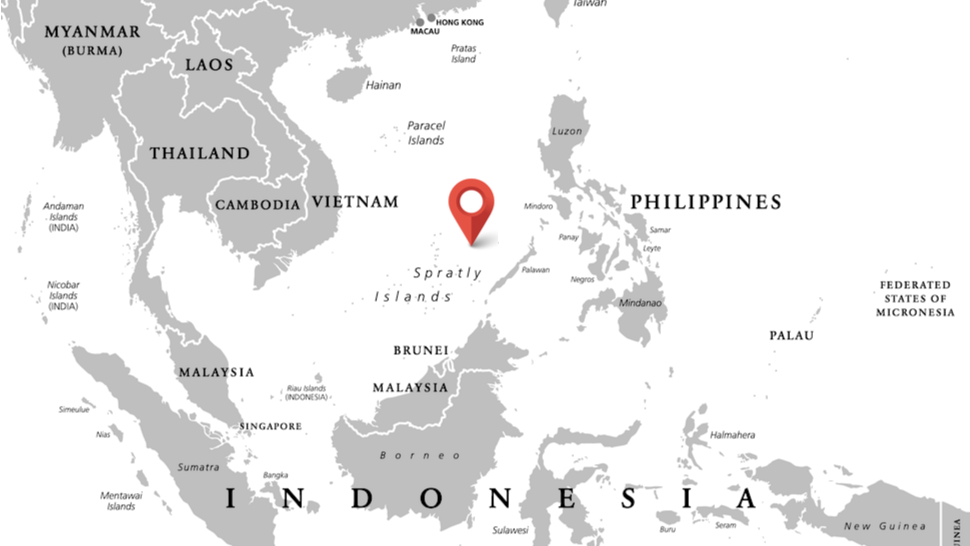Arbitral ruling should be basis for peaceful dialogue, not war

The Communist Party of the Philippines (CPP) today joins the Filipino people in marking the 8th anniversary of the 2016 ruling of the International Arbitral Tribunal (IAT). This ruling is considered a milestone legal victory which recognizes the maritime rights of the Philippines under the United Nations Convention on the Laws of the Seas (UNCLOS). The 2016 arbitral ruling should serve as the starting point and framework for peaceful dialogue between the Philippines and China.
On the one hand, as a signatory to the UNCLOS, China should be enjoined to recognize the arbitral ruling, manifest its intention to peacefully settle disputes, and minimize aggressive actions in defending its claims that run counter to the arbitral ruling. As an economic and military superpower, China can easily demonstrate goodwill to the Filipino people, especially to small Filipino fisherfolk, without losing anything with regard its claims or posturing. In particular, while China can continue to insist on maintaining presence at the Scarborough Shoal, it must do so without hampering Filipino fisherfolk access to the fishing grounds. Although lying within the Philippine EEZ, the territorial seas of the Scarborough Shoal were declared by the IAT as a shared fishing ground for Filipino, Chinese, and Vietnamese traditional fishermen.
On the other hand, the Filipino people must reject agitation by the US and pro-US militarists that the arbitral ruling is a license to go to war against China, and that in order to win, the country must seek the aid of the US and its allied military forces. Over the past year, the US-Marcos regime and agents of US psywar have been engaged in war agitation and fomenting anti-Chinese hysteria. The Filipino people must also guard against the spread of baseless notions and misleading statements that the arbitral ruling prohibits any country from sailing in the country’s exclusive economic zone (EEZ), which is being used to wholesale depict China as an intruder and aggressor, and to baselessly demand the expulsion of all its vessels in the area.
For six years, the Duterte regime wasted the legal victory of the Philippines when it set aside the arbitral ruling in order to kowtow to China, in exchange for promises to fund government-contracted infrastructure projects and political support. At the same time, Duterte allowed US military forces to continue using the country for war exercises and power projection, to which China responded with heightened presence in the South China Sea.
Since 2022, the subservience of the Marcos regime to the US government has become the biggest impediment to advancing a peaceful resolution based on the 2016 arbitral ruling. Marcos has allowed the US to increase its military presence, stockpile missiles and other weapons in the Philippines, and deploy its naval ships in surrounding seas to project power against China. Presently, there are 15,000 to 20,000 American troops sailing at any given time from the South China Sea to the Sea of Japan, provoking its imperialist rival to become more restive and aggressive and increasingly hostile.
In marking today the anniversary of the arbtiral ruling, it is thus crucial for the Filipino people to first and foremost demand an end to US military intervention and war provocations, in order to create the conditions for peaceful dialogue. They must call on the dismantling of all US military bases, the withdrawal of all US troops and the removal of all US weapons stockpile in the country.
At the same time, they must demand the Marcos government to stop maritime operations that escalate tensions, to pursue dialogue and other legal options. They must also urge China to reduce its overwhelming presence in the Philippine EEZ and ECS in order to allow the country to peacefully exercise its sovereign rights and manage its marine resources, and pave the way for resolution of disputes across the South China Sea.








